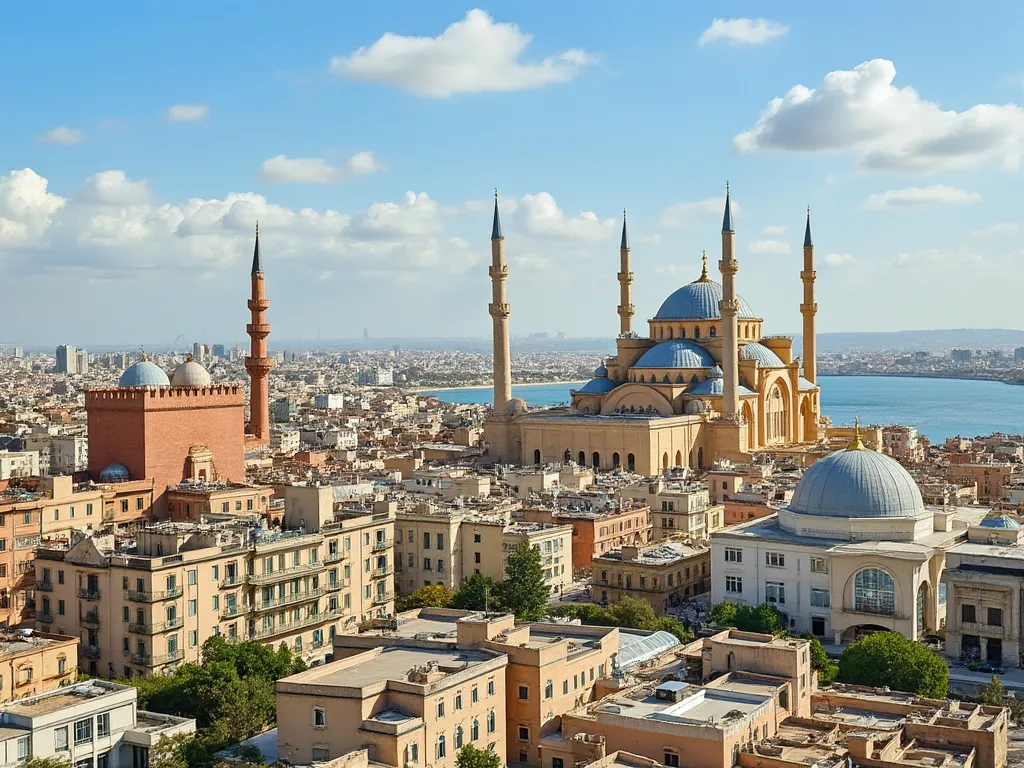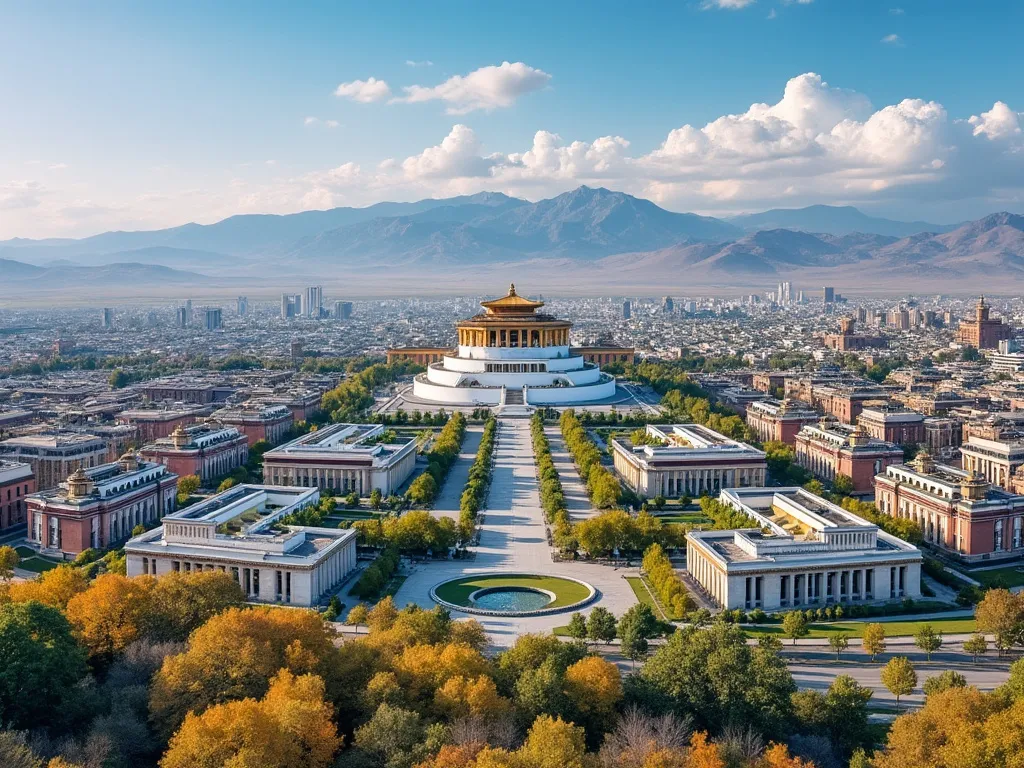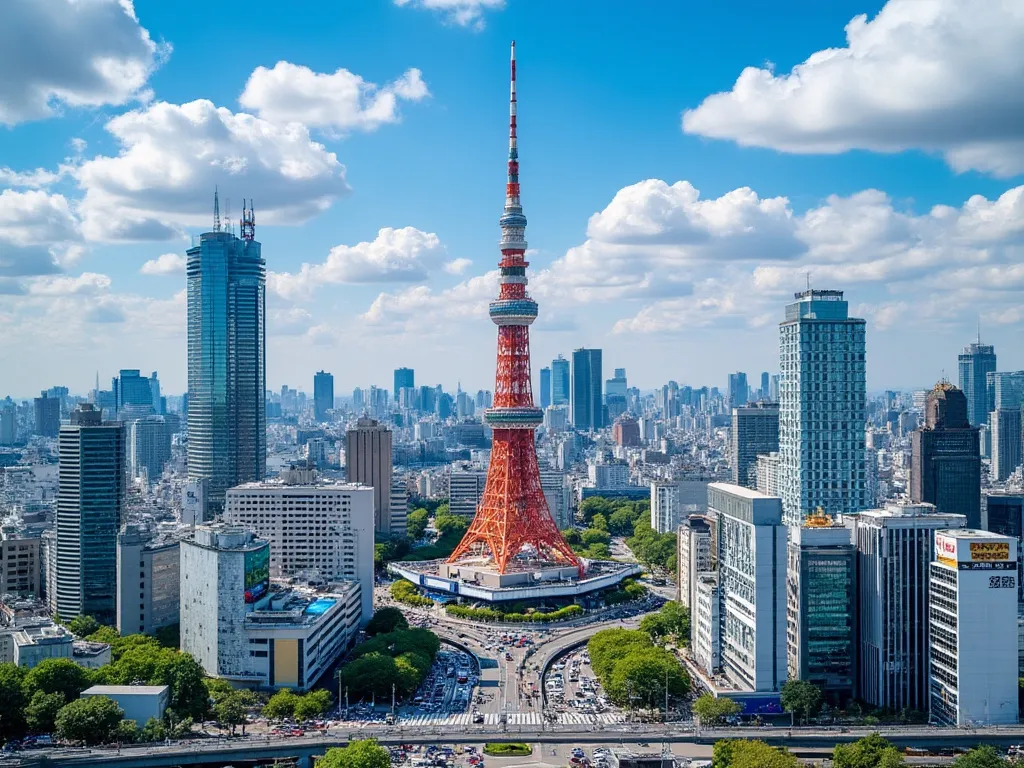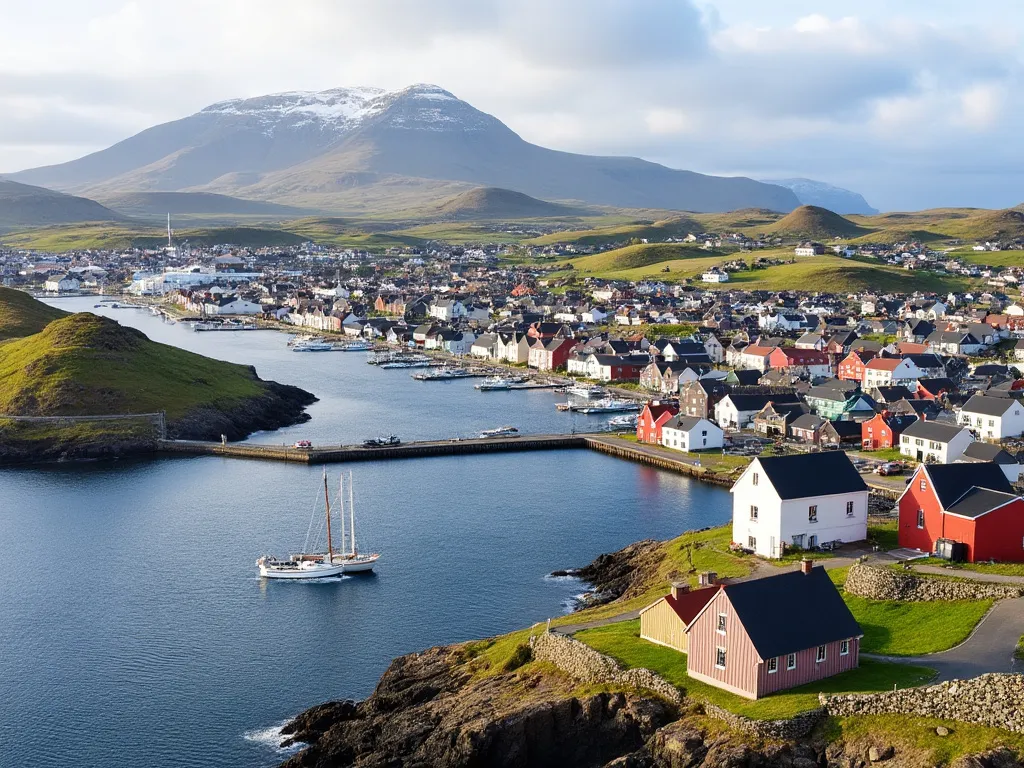
Tripoli is the capital and largest city of Libya, situated in the northwestern part of the country. With a rich history dating back to the 7th century BC, Tripoli has been an important center of trade, culture, and politics in the Mediterranean region.
Tripoli information
| Country | 🇱🇾 Libya |
| Population | 2.2 million (2020 estimate) |
| Coordinates | 32.88°N 13.18°E |
| Area | 1,065 km² (412 sq mi) |
| Climate | Mediterranean |
| Language | Arabic (official) |
| Currency | Libyan dinar (LYD) |
| Time zone | CET (UTC+1) |
| Proximity to other major cities | Tunis (360 km / 224 mi), Algiers (610 km / 380 mi), Cairo (900 km / 560 mi) |
Interesting facts about Tripoli
- Tripoli is home to the largest Roman amphitheater in the world, built in the 2nd century AD.
- The city's name is derived from the Greek word "Tripolis," meaning "three cities."
- Tripoli has a unique blend of Arab, Italian, and Ottoman architectural styles.
Tourist attractions in Tripoli
- Red Castle of Tripoli (Tripoli Castle)
- Gurgi Mosque
- Jamahiriya Museum
- Tripoli Old Town (Medina)
- Martyrs' Square (Green Square)
Historical background of Tripoli
Tripoli was founded by the Phoenicians in 700 BC and later became a major city in the Roman Empire. The city has been ruled by various dynasties, including the Ottoman Empire, which controlled it from 1551 to 1911. After Italy colonized Libya in 1911, Tripoli became the capital of the Italian colony. Libya gained independence in 1951, with Tripoli as its capital.
Geographical location of Tripoli
Tripoli is situated in the northwestern part of Libya, along the Mediterranean coast. The city is nestled between the Sahara Desert and the Mediterranean Sea, making it an important gateway between Africa, Europe, and the Middle East.
Cultural significance of Tripoli
Tripoli is known for its rich cultural heritage, reflecting the city's diverse history and influences. The city is home to many museums, historical landmarks, and cultural institutions, including the Tripoli Castle, the Gurgi Mosque, and the Jamahiriya Museum.
Economic importance of Tripoli
Tripoli is the economic hub of Libya, with a diverse economy based on oil and gas production, manufacturing, and trade. The city is also a major transportation hub, with a busy international airport and a major seaport.
Conclusion on Tripoli
Tripoli is a fascinating city with a rich history, cultural significance, and economic importance. As the capital of Libya, Tripoli continues to play a vital role in the country's development and international relations.
 Tunis
Tunis
 Ulaanbaatar
Ulaanbaatar
 Tokyo
Tokyo
 Tórshavn
Tórshavn